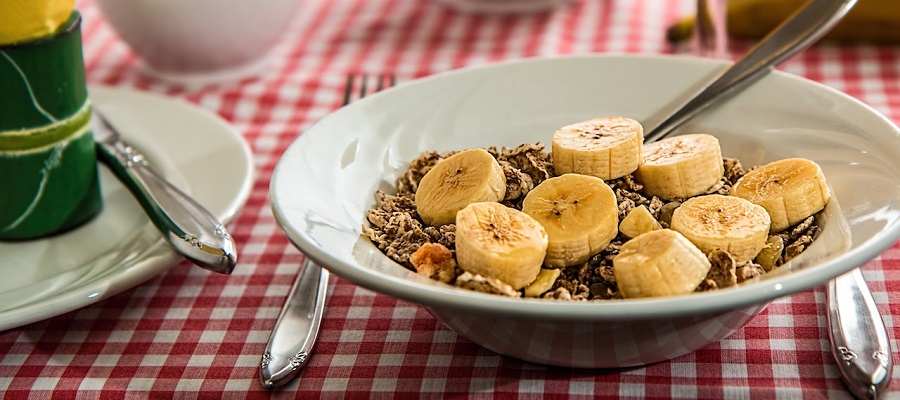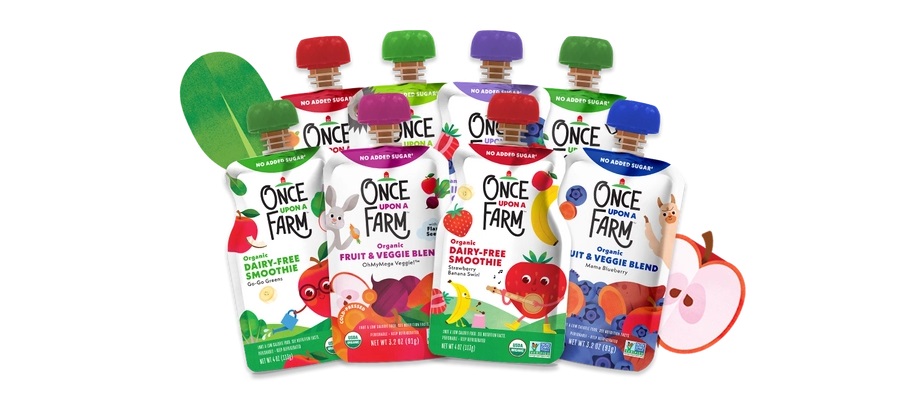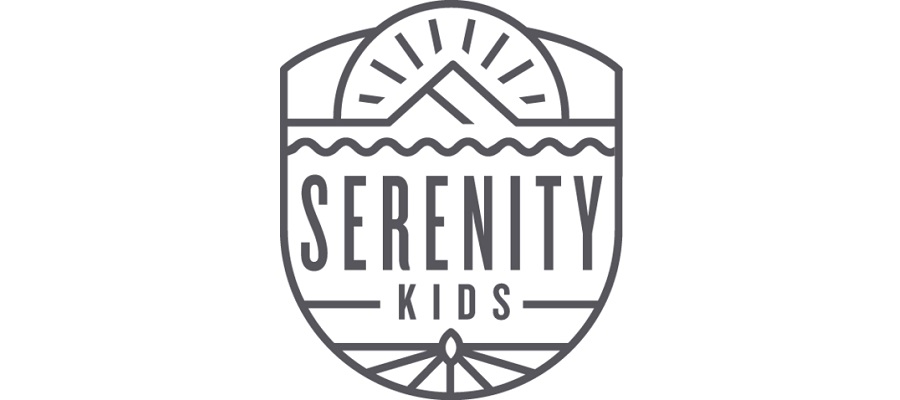Bananas are a great source of nutrition, providing many essential vitamins and minerals. They are high in potassium, vitamin C, vitamin B6, and fiber. They also contain small amounts of magnesium, vitamin A, vitamin E, and iron. They are low in calories and fat, and are a good source of carbohydrates, making them a great energy boost. They can also be a healthy alternative to processed snacks, as they are natural and easy to carry. Additionally, bananas contain antioxidants which help protect against free radical damage. They are also a good source of prebiotics which aid in digestion and gut health. They are also rich in vitamin B6, which helps in the formation of red blood cells. Eating a banana on a regular basis can help prevent anemia, fatigue, and also improve mood.
What vitamins and minerals are found in bananas?
Bananas are a rich source of various essential vitamins and minerals. Some of the key vitamins and minerals found in bananas include:
- Potassium: Bananas are an excellent source of potassium, an essential mineral that helps regulate blood pressure and supports heart health.
- Vitamin C: Bananas contain vitamin C, an antioxidant that helps boost the immune system and promotes healthy skin.
- Vitamin B6: Bananas are a good source of vitamin B6, which is necessary for the formation of red blood cells and for the proper functioning of the brain and nervous system.
- Fiber: Bananas are also a good source of dietary fiber, which can aid digestion and help prevent constipation.
- Magnesium: They contain small amounts of magnesium which is important for bone, protein and energy metabolism and also helps to relax muscles.
- Vitamin A: They contain small amounts of Vitamin A which is important for good vision and a healthy immune system.
- Vitamin E: They contain small amounts of Vitamin E which is an antioxidant that helps to protect cells from damage caused by free radicals.
- Iron: Bananas also contain small amounts of iron which is important for the formation of red blood cells and transportation of oxygen to the body's organs and tissues.
How much potassium is in a banana?
A medium-sized banana (about 7-8 inches long) contains approximately 400-450mg of potassium. Potassium is an essential mineral that helps regulate blood pressure and supports heart health. Potassium is important for muscle and nerve function and it is also helps to maintain the balance of fluids in the body. Eating a banana as a part of a healthy diet can help you meet your daily potassium needs. It's important to note that the potassium content can vary depending on the size of the banana and also on the ripeness of the banana, ripe bananas tend to have more potassium than unripe bananas.
What is the fiber content of a banana?
A medium-sized banana (about 7-8 inches long) contains about 3 grams of dietary fiber. Fiber is an important nutrient that helps promote healthy digestion and can help prevent constipation. Fiber also helps to keep you feeling full and satisfied, which can be helpful for weight management. The fiber content of a banana can vary depending on the size of the banana and also on the ripeness of the banana, ripe bananas tend to have less fiber than unripe bananas. Eating a diet high in fiber has been linked to a reduced risk of chronic diseases such as heart disease, type 2 diabetes and certain types of cancer. So including bananas in your daily diet can be a great way to increase your fiber intake.
How many calories are in a banana?
A medium-sized banana (about 7-8 inches long) contains about 105 calories. The calorie content of a banana can vary depending on the size of the banana. A small banana (about 6 inches long) contains about 90 calories, while a large banana (about 9 inches long) can contain up to 120 calories. Bananas are a good source of carbohydrates and provide a natural energy boost. They are also low in fat and cholesterol, making them a healthy snack option. It's important to keep in mind that the calorie content of a banana can vary depending on how it's prepared or served, for example, a banana in a smoothie or a fried banana will have more calories than a raw banana. In general, bananas are considered a low-calorie food and can be enjoyed as part of a healthy, balanced diet.
How much vitamin C is in a banana?
A medium-sized banana (about 7-8 inches long) contains about 8-10 mg of vitamin C. While bananas are not considered a high source of vitamin C as compared to other fruits such as oranges, kiwi, strawberries, etc. but they still provide a decent amount of vitamin C. Vitamin C is a powerful antioxidant that helps boost the immune system and promotes healthy skin. It also helps the body absorb iron from plant-based foods and is important for the production of collagen, which helps keep skin, tendons, ligaments, and blood vessels strong. It's worth noting that the vitamin C content in a banana can vary depending on the ripeness of the banana, ripe bananas tend to have less vitamin C than unripe bananas. Vitamin C is an essential nutrient and it is recommended to include vitamin C rich foods in the daily diet.
What are the benefits of eating bananas for energy?
Eating bananas can be beneficial for energy in several ways:
-
Carbohydrates: Bananas are a good source of carbohydrates, which are the body's main source of energy. Carbohydrates are broken down into glucose, which is used by the body's cells for energy.
-
Natural sugar: Bananas are also a good source of natural sugar, which can provide a quick energy boost when needed.
-
B vitamins: Bananas are a good source of B vitamins, particularly vitamin B6, which plays an important role in the metabolism of carbohydrates and the production of energy.
-
Potassium: Bananas are rich in potassium which is an important mineral that helps muscles and nerves function properly and also helps to maintain the balance of fluids in the body, which can help to prevent fatigue and muscle cramps during physical activity.
-
Fiber: Bananas are also a good source of dietary fiber, which can help to slow the absorption of sugar into the bloodstream, providing a steady supply of energy throughout the day.
Eating a banana as a snack before or after a workout can also provide energy and help to replenish electrolytes lost through sweat. Overall, bananas are a healthy and natural way to provide energy and help to prevent fatigue.
Are bananas a good source of antioxidants?
Bananas are a good source of antioxidants, which are compounds that help protect the body against damage caused by harmful molecules called free radicals. Free radicals can damage cells and contribute to the development of chronic diseases such as cancer and heart disease.
Some of the antioxidants found in bananas include:
- Vitamin C: As mentioned earlier, bananas contain vitamin C, an antioxidant that helps boost the immune system and promotes healthy skin.
- Vitamin A: Bananas also contain small amounts of vitamin A, which is important for good vision and a healthy immune system.
- Vitamin E: They contain small amounts of Vitamin E which is an antioxidant that helps to protect cells from damage caused by free radicals.
In addition to these vitamins, bananas also contain a type of antioxidant called dopamine, which has been shown to have anti-inflammatory and neuroprotective effects.
It's important to note that the antioxidant content of bananas can vary depending on the ripeness of the banana. Ripe bananas tend to have lower antioxidant content than unripe bananas. So it's always better to have a banana that is not overripe.
Overall, while bananas are not considered to be a particularly high source of antioxidants compared to other fruits and vegetables, they still provide a decent amount and can be a healthy addition to a diet rich in antioxidant-containing foods.
How do bananas aid in digestion and gut health?
Bananas can aid in digestion and gut health in several ways:
-
Fiber: Bananas are a good source of dietary fiber, which can help to promote regular bowel movements and prevent constipation. Fiber also helps to add bulk to the stool, making it easier to pass.
-
Prebiotics: Bananas contain a type of indigestible carbohydrate called fructooligosaccharides (FOS), which act as prebiotics. Prebiotics are non-digestible fibers that provide food for the beneficial bacteria that live in the gut. These bacteria help to maintain a healthy balance in the gut microbiome, which can help to improve overall gut health.
-
Low in FODMAPs: Bananas are low in fermentable oligosaccharides, disaccharides, monosaccharides, and polyols (FODMAPs) which are types of carbohydrates that can be difficult to digest and cause gas, bloating, and other digestive symptoms in people with irritable bowel syndrome (IBS) and other digestive conditions.
-
Avoiding constipation: Bananas are also a natural remedy for constipation, as they contain a natural laxative called pectin which can help to regulate bowel movements.
In summary, bananas are a natural source of fiber and prebiotics, which can help to promote regular bowel movements and a healthy balance of gut bacteria. They also don't contain FODMAPs, which can make them well tolerated for people with IBS and other digestive conditions.
How does vitamin B6 in bananas help with the formation of red blood cells?
Vitamin B6, also known as pyridoxine, plays an important role in the formation of red blood cells. It is a cofactor in the enzymatic reactions that convert the amino acid, homocysteine, into the amino acid cysteine. Cysteine is then used in the production of red blood cells, which are responsible for carrying oxygen throughout the body.
Vitamin B6 is also involved in the metabolism of hemoglobin, the protein in red blood cells that binds to oxygen. Hemoglobin is responsible for carrying oxygen from the lungs to the body's tissues, so it's important for proper oxygenation of the body's cells.
Adequate levels of vitamin B6 are necessary for the proper formation and function of red blood cells. Deficiency of vitamin B6 can lead to anemia, a condition in which there are not enough red blood cells to carry oxygen to the body's tissues.
Bananas are a good source of vitamin B6, and eating a banana on a regular basis can help prevent anemia and support the formation of healthy red blood cells. It is recommended to include a variety of vitamin B6 rich foods in the daily diet, especially for vegetarians and vegans as plant-based diets may be low in vitamin B6.
Can eating bananas prevent anemia?
Eating bananas can help prevent anemia by providing a source of vitamin B6 and iron, which are essential for the formation of red blood cells.
Anemia is a condition in which there are not enough red blood cells to carry oxygen to the body's tissues. The most common cause of anemia is a lack of iron in the diet. Iron is an essential mineral that is needed to produce hemoglobin, a protein in red blood cells that binds to oxygen.
Vitamin B6 also plays a role in the formation of red blood cells, it is a cofactor in the enzymatic reactions that convert the amino acid, homocysteine, into the amino acid cysteine. Cysteine is then used in the production of red blood cells.
Bananas are a good source of both vitamin B6 and iron, and eating a banana on a regular basis can help prevent anemia by providing the body with the necessary nutrients for the formation of healthy red blood cells.
It's important to note that bananas alone may not provide enough iron or vitamin B6 to prevent anemia if a person has anemia due to a deficiency in iron or vitamin B6, it's important to see a doctor and to consult a dietitian or a healthcare professional to evaluate the individual's dietary needs and to create a personalized plan.


